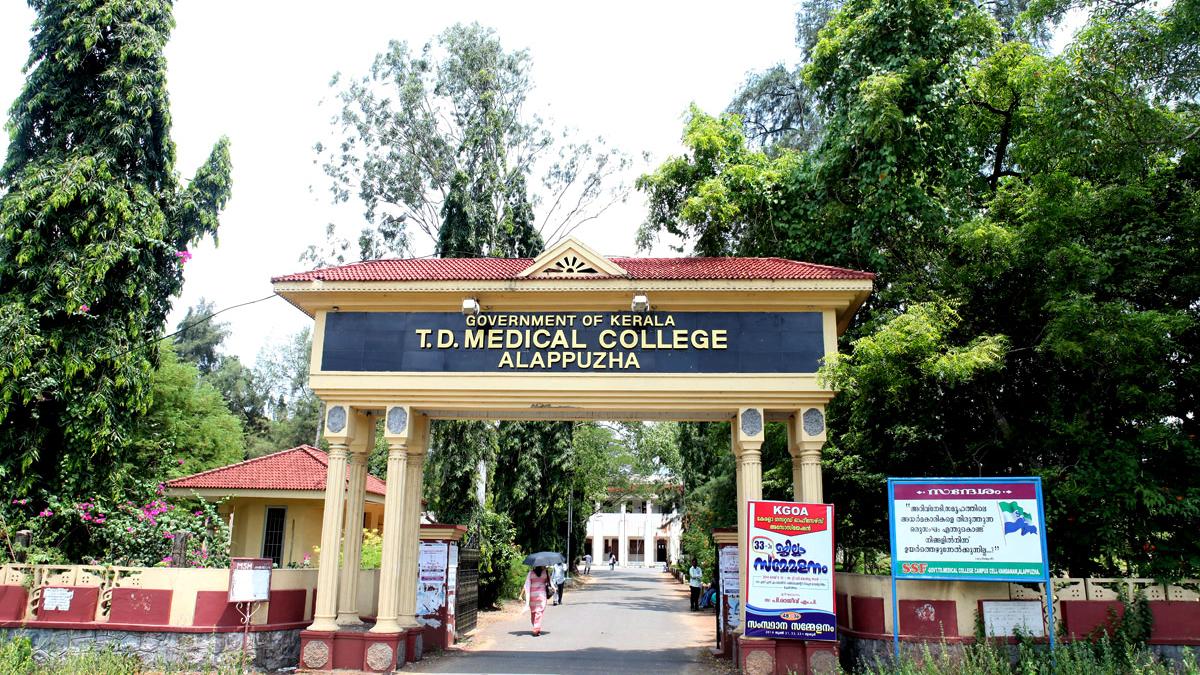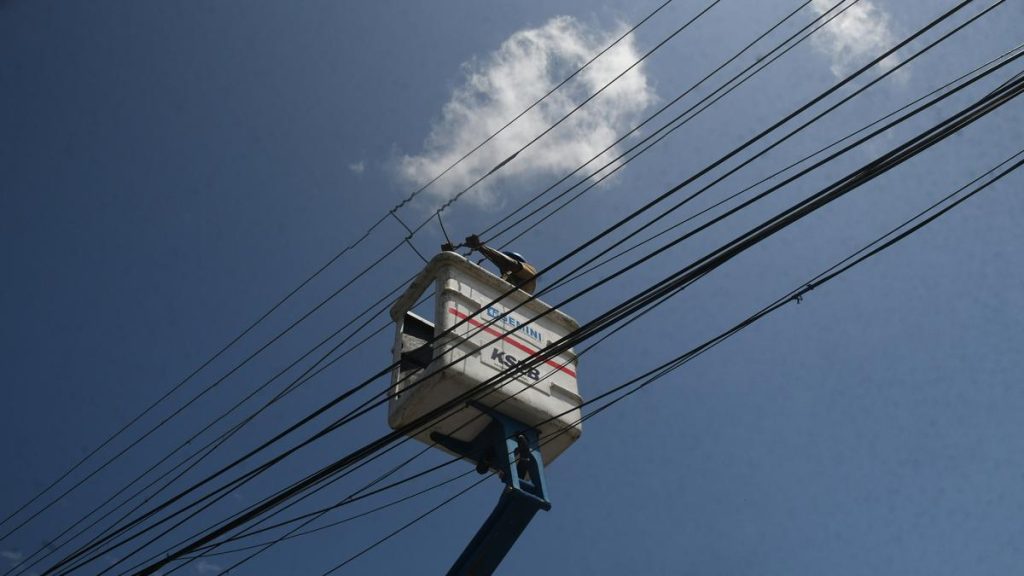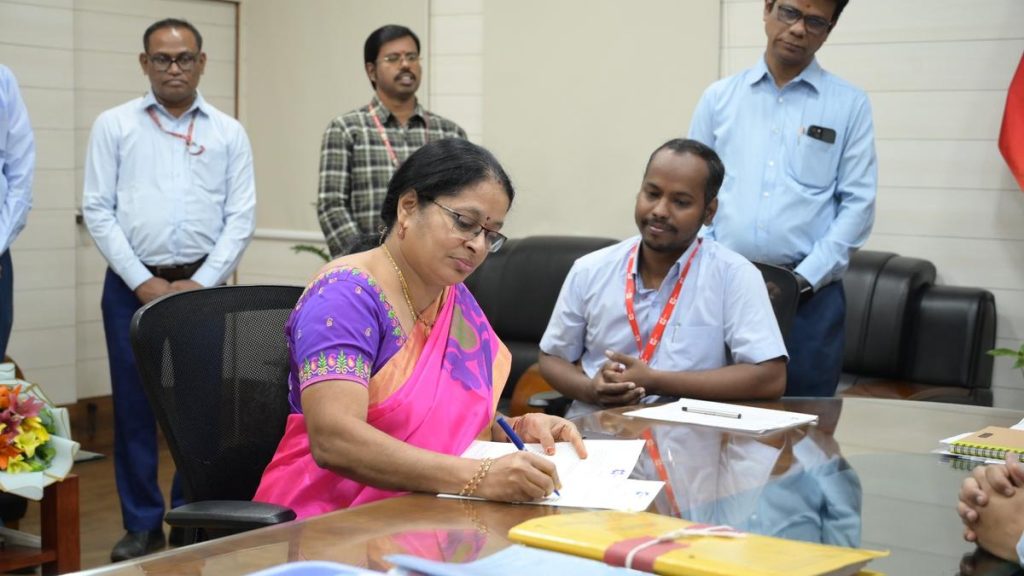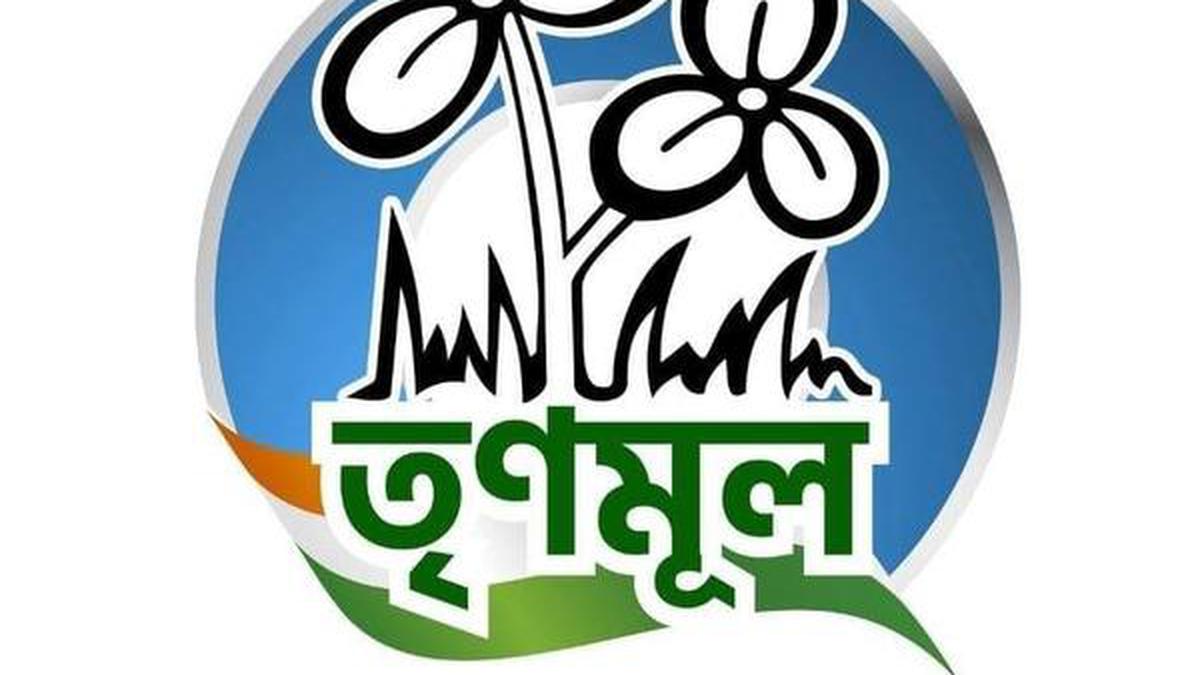Now Reading: Alappuzha MCH Introduces Painless Childbirth Option
-
01
Alappuzha MCH Introduces Painless Childbirth Option
Alappuzha MCH Introduces Painless Childbirth Option

Quick Summary
- The Obstetrics adn Gynaecology department of Government T.D. Medical College Hospital (MCH) in Alappuzha has been upgraded with modern amenities.
- Over the past three months, 25 women successfully underwent painless delivery using epidural analgesia at the hospital.
- Epidural analgesia involves administering pain-relieving medication through a fine needle inserted into the spine, performed by an anaesthesiologist.
- This technique reduces post-delivery complications like back pain and allows mothers to be discharged within three days, similar to normal deliveries.
- Painless delivery services are offered at MCH for less than ₹2,000 compared to private hospital charges ranging from ₹50,000 to ₹1 lakh.Women receive counselling on safety and availability before opting for it.
- The hospitalS department features a capacity for seven simultaneous deliveries, a 24-bed maternity ward, emergency operation theatres, observation rooms, medicine distribution facilities, and a five-bed ICU equipped with ventilators.
- An associated neonatal wing includes three ICU units with 33 beds alongside dedicated facilities for premature babies or newborns requiring special care. A separate 20-bed ward is allocated for mothers and their newborns.
Indian Opinion Analysis
The introduction of painless delivery techniques like epidural analgesia at government T.D. Medical College Hospital in Alappuzha is noteworthy for advancing maternal healthcare standards in India. By making this option accessible at economical rates-significantly lower than private facilities-the hospital bridges critical gaps in affordability while ensuring quality care.
The broader infrastructure upgrades-including specialized maternity wards and neonatal ICUs-serve as crucial steps toward enhancing public health outcomes such as reducing maternal discomfort during childbirth and facilitating complete postnatal support. This development sets an example that could be replicated across other government-run hospitals nationwide.
Emphasizing counselling on procedure safety ensures informed decision-making by patients-a practise which embodies modern healthcare ethics conducive to trust-building between hospitals and communities they serve. If scaled appropriately across India’s healthcare system while maintaining affordability standards seen here, such advancements could significantly impact maternal mortality rates alongside improved birthing experiences.
Read more: The Hindu

























